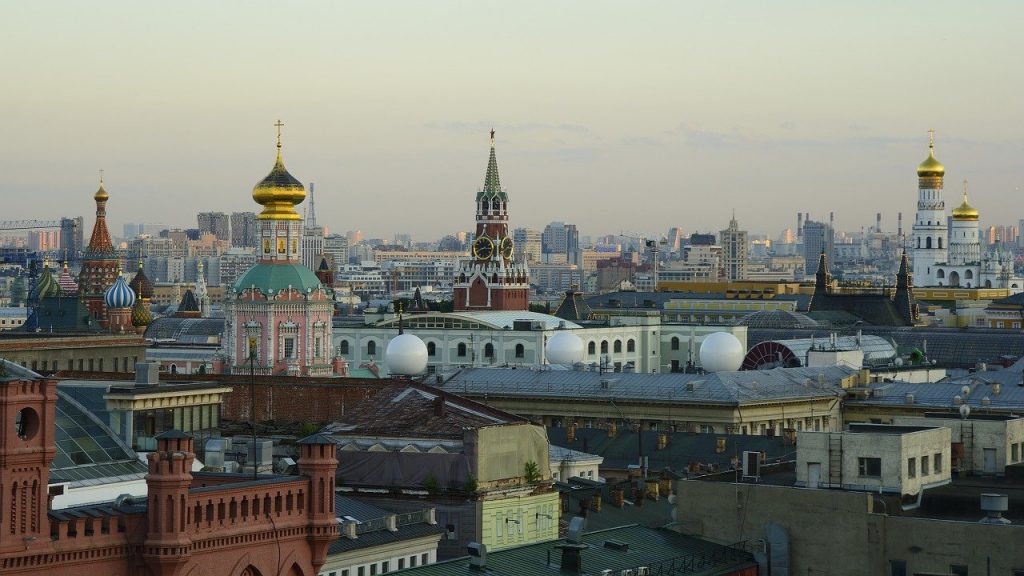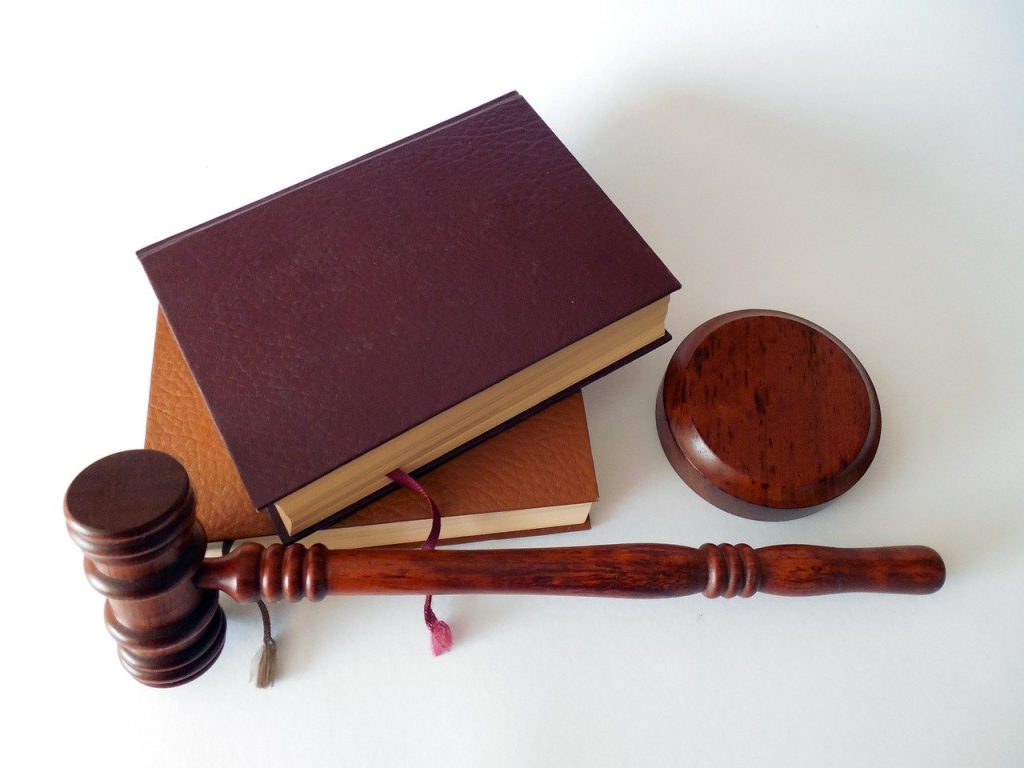Current Events: Changes to the Russian Constitution Posted by Maria on Feb 6, 2020 in History, News
If you follow Russian news, you may know that the Russian president, Vladimir Putin, has suggested changing the Russian constitution. Read on to learn what happened, how you can describe it in Russian, and what the reasons for it might be.
Background
The current Russian constitution (конститу́ция) was adopted in 1993, after proclamations of independence by former Soviet republics, including Russia. The constitution describes the form of government (more detailed information is available on Wikipedia). In a nutshell, up until now, the president (президе́нт) was supposed to be elected directly by the people for no more than 2 consecutive terms (2 сро́ка подря́д), initially of 4 years each.
The president appoints (назнача́ет) the government (прави́тельство), which is headed by the prime minister (премье́р-мини́стр). The upper house (ве́рхняя пала́та) of the Russian Parliament (парла́мент) is the Federation Council (Сове́т Федера́ции), and the lower house (ни́жняя пала́та) is the State Duma (Госуда́рственная Ду́ма). Over the years, parliament election rules have changed many times, so I won’t be covering them or “state”/local-level authorities in this article.
Eventually, the presidential term was extended to 5 years, and President Putin was appointed to be Prime Minister after his two first terms, when his ally Dmitry Medvedev (Дми́трий Медве́дев) was elected as President. This maneuver was referred to by critics as рокиро́вка (from the chess term for castling). After Medvedev’s only term, Putin ran for office again—and won—but will have to step down in 2024 when his second consecutive term runs out.
What’s Going To Change?
Before the recent changes, there had been some speculation that the constitution may be changed at Putin’s behest so he can stay in power past 2024. In the 2000s, the president repeatedly denied he would ever consider changing the constitution. In the late 2010s, he started saying it was a living document and may need to be updated.
In his address to the Federal Assembly (Посла́ние Федера́льному собра́нию), i. e. the parliament, this January, Putin unexpectedly proposed amendments (попра́вки) to the constitution that made it sound like he might stay in power in a different capacity rather than remain president past his second term. Here are some of these changes as reported in Meduza:
Ограни́чить приорите́т междунаро́дного пра́ва
[Limit the precedence of international law. In other words, Russian laws will trump any international decisions.]
Главу́ прави́тельства, замести́телей и мини́стров бу́дет утвержда́ть парла́мент
[The prime minister and other members of the cabinet will be appointed by the parliament.]
Измени́ть положе́ние о запре́те одному́ и тому́ же челове́ку занима́ть до́лжность президе́нта бо́лее двух сро́ков подря́д
[Change the wording of the ban on being president for 2 consecutive terms. The proposed limit is 2 terms total.]
Подня́ть ценз осе́длости для президе́нта Росси́и с 10 до 25 лет
[Raise the residency requirement for the president from 10 to 25 years. In other words, the person will need to have lived in Russia for 25 years.]
Запрети́ть иностра́нное гражда́нство и вид на жи́тельство за рубежо́м для су́дей, глав субъе́ктов Федера́ции, депута́тов и сена́торов, руководи́теля прави́тельства и мини́стров
[Prohibit judges, heads of regions, members of parliament, the prime minister, and other ministers from having a foreign citizenship or residence permit.]
… президе́нт не до́лжен име́ть вид на жи́тельство или иностра́нное гражда́нство не то́лько на моме́нт избра́ния, но да́же в про́шлом
[The president cannot have held foreign citizenship or permanent residence at any point in the past.]
Преврати́ть Госуда́рственный сове́т в конституцио́нный о́рган
[Include the State Council in the constitution. Currently, the State Council is an advisory authority with a vague mandate.]
Прописа́ть в Конститу́ции обяза́тельную индекса́цию пе́нсий и но́рму о минима́льном разме́ре опла́ты труда́, прира́вненном к прожи́точному ми́нимуму.
[Document in the constitution a compulsory adjustment of retirement benefits and a minimum wage tethered to the minimum cost of living.]
What’s the Catch?
The proposed changes are a mix of “populist” policies aimed at raising the standard of living and changes to the form of government. Some commentators have suggested Putin might stay on not as president but as a member of the updated State Council (Госсове́т). Furthermore, the changes will be presented as a single packet, put to a popular vote (всеросси́йское голосова́ние), which the government has been careful not to call a referendum (рефере́ндум).
In a recent survey (опро́с) by Levada Center, 44 percent of people said the new changes were proposed in the interest of the nation, while 47 said the changes were introduced to let Putin stay in power past 2024. The most popular answer about the role of the constitution, at 30 percent, was that it plays no real role (не игра́ет ро́ли) because no one pays it any mind. A further 27 percent said it guaranteed the rights and freedoms of citizens (гаранти́рует права́ и свобо́ды гра́ждан), while 24 percent said it maintained order in the running of the state (подде́рживает поря́док в де́ятельности госуда́рства).
Have you seen or read any coverage of the changes? What do you make of them?

Build vocabulary, practice pronunciation, and more with Transparent Language Online. Available anytime, anywhere, on any device.







Comments:
Lulu:
Very interesting and well explained. Thank you ! 🙂
Maria:
@Lulu Thank you, Lulu!